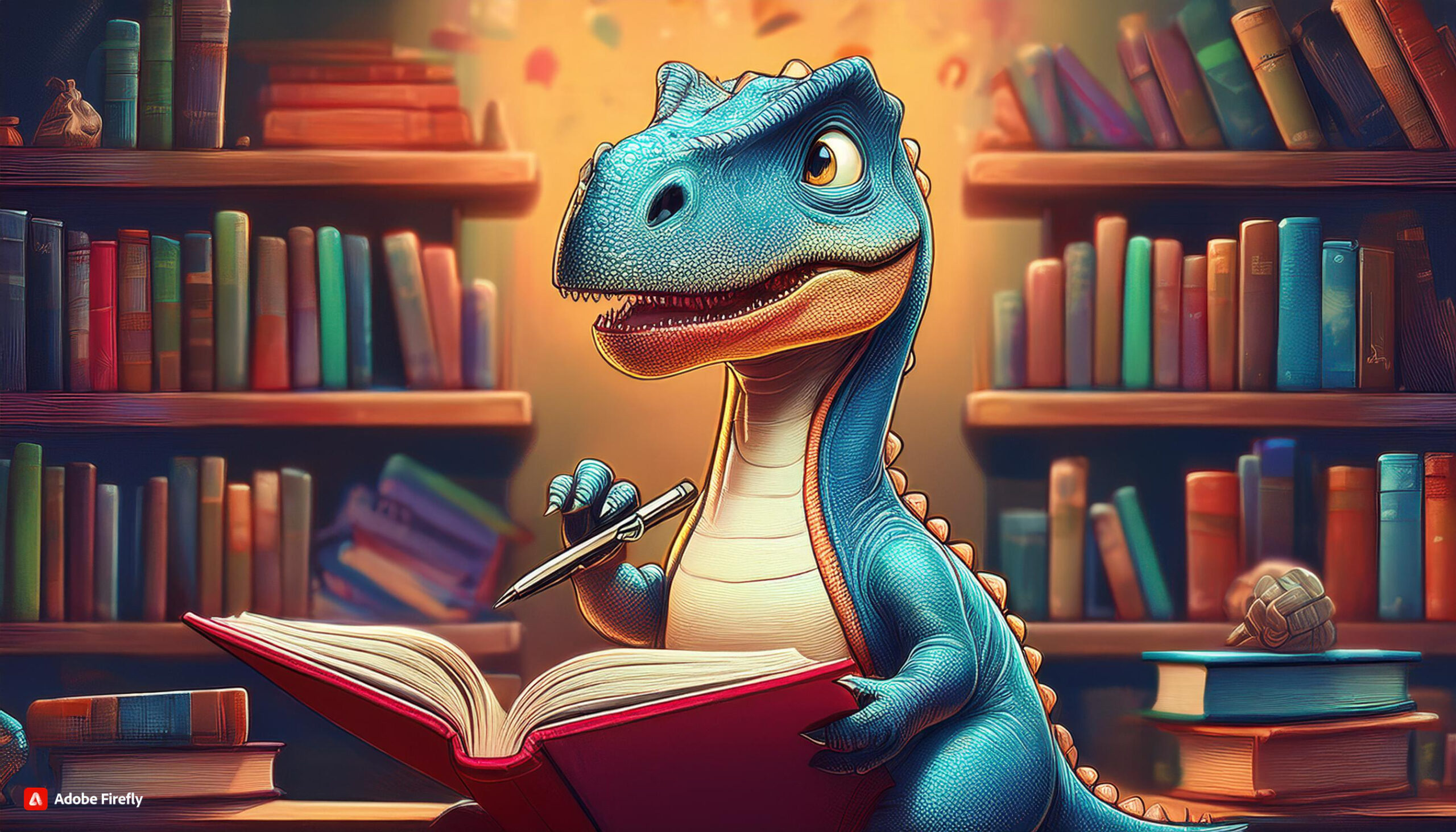Once you’ve finished the first draft of your fiction story, you’re ready to tackle the all-important revision. But there are so many things to think about:
- Your characters and whether they’re robust enough, their arcs and journeys believable and complete
- Whether the subplots you use to carry the narrative between major plot points is working well
- The power and importance of your settings and how they enhance your characters or plot
- The plot itself and whether it’s bringing out your protagonist’s personality.
Where to begin?
I recently penned and revised a micro-fiction story that is currently out on submission at roughly 280 words, now in its sixth draft of iteration. Drafts 1 through 5 were painstakingly written out by hand in a decomposition notebook, and the first draft came out at a whopping 429 words (yes, I counted). Trimming an already trim micro-fiction story by about 1/3 wasn’t easy, but I was able to do it without writing myself ragged because I knew what I was looking for from revisions and had the patience necessary to allow processing time between drafts.
There are thousands of craft books available to teach you how to edit your work, but trying to narrow down that potential craft-book reading list is exhausting. And how can you be sure that the craft books you choose are the right ones for gaining clarity where you need it?
If it feels like a lot, that’s because it is.

Mastering story edits isn’t easy, but there are a few books I’ve recommended to my clients repeatedly to assist them during revisions, and these are books I use myself when editing my own work. The good news is that once you’ve absorbed the material covered in these books, you’ll be able to apply the lessons over and over without really thinking about them. They’ll become second-nature to your writerly process.
Cool, right?
Before I jump into the books I most often recommend to writers to master their edits, a quick note:
Read Your Story Aloud
Seriously.
Reading aloud allows you to synthesize the information you read faster and will make you a better reader and story editor at the same time because reading aloud engages a bunch of cognitive functions at the same time, which stimulates your brain power. And who doesn’t need a little extra brain power when facing that all-important edit?
Don’t skip this piece of advice, or you’re cheating yourself.
Now, without further ado, here are three craft books to add to your collection so you can master your edit and move your story to the next step on its publication path:
Story Engineering: Mastering the 6 Core Competencies of Successful Writing
Story Engineering by Larry Brooks breaks down “story” into seven component parts over six core competencies that help you identify the must-have scenes or moments in your story and help increase reader engagement by helping you meet reader expectations.
Why I love it: Story Engineering focuses on story structure and getting the right pieces in the right order without being formulaic. Brooks writes in a way that is conversational, simple, and easy to digest, and he includes examples from popular novels and movies you probably know (or at least know of), so you can see how to practically apply the information Brooks provides. Story Engineering is great for big-picture or developmental edits.
Self-Editing for Fiction Writers: How to Edit Yourself Into Print
After the story parts are in their proper places, Self-Editing for Fiction Writers by Browne and King will help you hone and focus your story and craft better stories in the process. Self-Editing for Fiction Writers covers concepts like showing versus telling, characterization and exposition, point of view, dialogue and interior monologue, proportion, and voice.
Why I love it: This 30-year-old book packs a powerhouse-punch of techniques and includes a variety of checklists and assessment tools to help you view your story through an editing lens. It pulls together so much information in one place that, in all honesty, the checklists alone are worth the cost of the book. Self-Editing for Fiction Writers spans the bridge between developmental and language or substantive edits. Two birds, one stonebook.
The Sense of Style: The Thinking Person’s Guide to Writing in the 21st Century
The Sense of Style by Steven Pinker provides a robust re-education in grammar and usage and includes guidance for breaking those rules judiciously for character and author authenticity. It is also arranged, somewhat, like an encyclopedia so you can use it as a quick-reference tool while you’re on the job.
Why I love it: I strongly believe every writer and editor should read The Sense of Style to have a reasonable grasp of proper language. This book spans the bridge between language edits and copy edits by providing focused grammatical rules common in the craft of fiction writing. Like my dictionary, this is one book that lives on my desk within arms reach. The section on diction alone is worth the cost of the hard copy, and you may want to consider importing the commonly misused words list into your document processor’s spellcheck tool . . . just in case.
Pull Together the Revision
When developing and revising your story, or while that manuscript is tucked away in a dark desk drawer ala Stephen King, spend some time reading through these craft books. Note any topic or suggestion that feels intuitive; forget the information that may not pertain to the story you’re absolutely not looking at for those precious 30 days or so in which you’re supposed to be forgetting about the story entirely. Those fresh eyes are important.
If you’d rather zero in on a specific topic now rather than reading through roughly 800 craft book pages over the next month, here are a few topics I’ve written about already to get your writerly gears turning:
- Weave Backstory Into Fiction
- Break a Rule (for Voice’s Sake)
- Story is Goal, Motivation, and Conflict
- Structure, Character, Plot: The Big Picture of Story
- Traveling Through Space-Time: Physics VS Fantasy
- Get Your First Line to Make a Good Impression (Here’s How)
Still need more? Peruse all my articles here! When you’re finished with your edits, it’ll be time to tap your editor for additional guidance.
Has anyone given you a piece of stellar advice or feedback on one of your stories? Share it advice here and tell others how it helped you craft a better story.
Happy writing!
♥ Fal
P.S. Want me to cover a specific topic? Tell me about it in the comments. When I write the article, I’ll credit you for the subject matter.
Prefer video?
Come hang with me on the MetaStellar channel:

Fallon Clark is the book pal who helps you tell your story in your words and voice using editorial, coaching, writing, and project management expertise for revision assistance, one-on-one guidance, and ghostwriting for development. Her writing has been published in Flash Fiction Magazine. Check out her website, FallonClark.com, or connect with her on LinkedIn or Substack.

